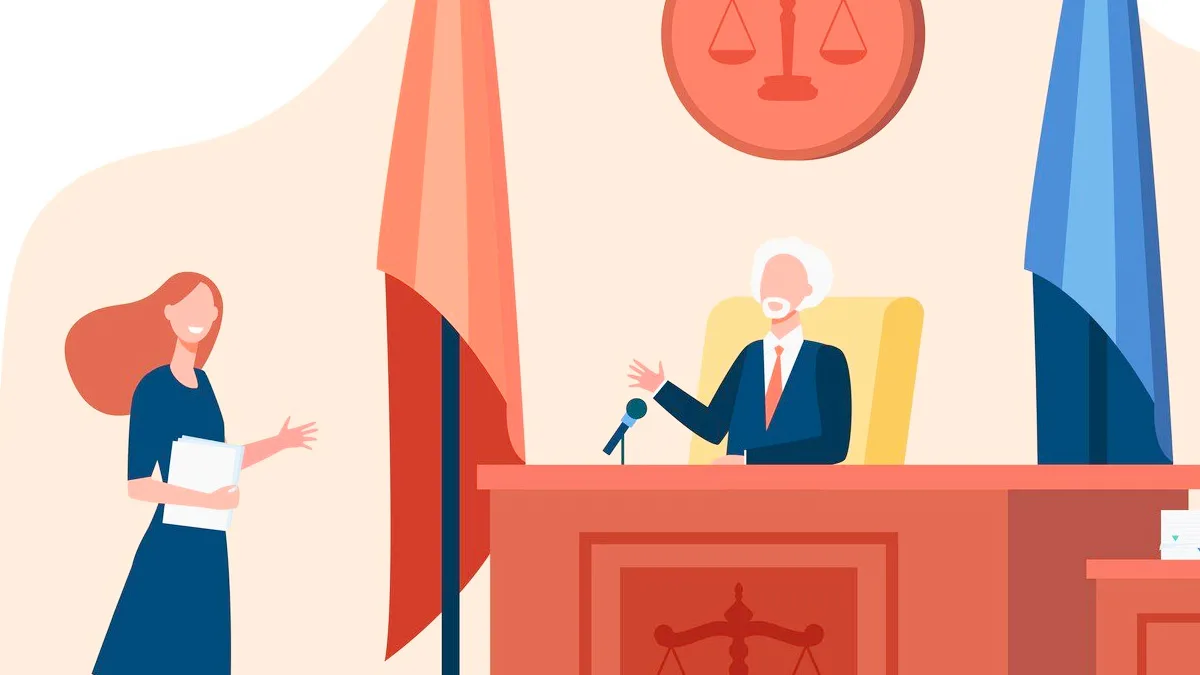A subpoena is a legal document issued by a court that commands an individual to appear in court as a witness to testify in a case or to produce documents or other evidence. Being subpoenaed places a legal obligation on the recipient, regardless of their willingness or desire to participate in the legal proceedings. This article explores the consequences and considerations for individuals who are subpoenaed and are reluctant or refuse to testify in the United States.
What is Subpoenas?
Subpoenas serve as a crucial tool in the judicial system, ensuring that necessary evidence and testimonies are presented during legal proceedings. There are primarily two types of subpoenas:
- Subpoena ad testificandum: Requires an individual to testify before a court or other legal authority.
- Subpoena duces tecum: Requires an individual to produce documents, records, or other pieces of evidence.
Legal Obligations of a Subpoenaed Individual
Upon receiving a subpoena, the recipient is legally compelled to comply with its terms. Failure to adhere to a subpoena without lawful excuse can result in legal consequences, including contempt of court. Contempt of court refers to acts that disrespect the court’s authority, obstruct the administration of justice, or disregard court orders.
Consequences of Refusing to Testify
Contempt of Court
The most immediate consequence of refusing to testify after being subpoenaed is being held in contempt of court. Penalties for contempt can include fines, imprisonment, or both, depending on the severity of the refusal and the jurisdiction.
Potential for Imprisonment
In cases where an individual’s refusal to testify impedes the court’s ability to administer justice, the court may impose a term of imprisonment until the individual agrees to testify. The duration of imprisonment can vary, with the court retaining the authority to enforce compliance.
Fines
Courts may also levy fines against individuals who refuse to comply with a subpoena. The amount can vary widely based on the jurisdiction and the specific circumstances of the case.
Legal Protections and Exemptions
Fifth Amendment Rights
The Fifth Amendment to the U.S. Constitution protects individuals from being compelled to testify if their testimony could incriminate them. Invoking the Fifth Amendment can legally excuse a subpoenaed individual from testifying, but it must be claimed in a manner consistent with legal protocols.
Privilege
Certain legal privileges, such as attorney-client privilege, spousal privilege, and doctor-patient privilege, may protect individuals from being forced to disclose confidential communications in court. However, the applicability of these privileges can depend on the specific facts of the case and jurisdiction.
Navigating a Subpoena
Individuals who receive a subpoena and have concerns about testifying should seek legal advice. An attorney can provide guidance on the subpoena’s requirements, potential legal protections, and the best course of action. In some cases, it may be possible to challenge the subpoena or negotiate the terms of compliance with the issuing authority.
References
- Legal Information Institute, Cornell Law School. “Subpoena.” https://www.law.cornell.edu/wex/subpoena
- United States Courts. “Responding to a Subpoena.” https://www.uscourts.gov/services-forms/responding-subpoena
- American Bar Association. “The Fifth Amendment – Your Right to Remain Silent.” https://www.americanbar.org/groups/public_education/resources/lesson-plans/middle-school/the-constitution/5th-amendment/









Leave a Reply